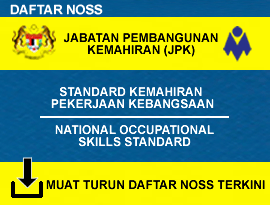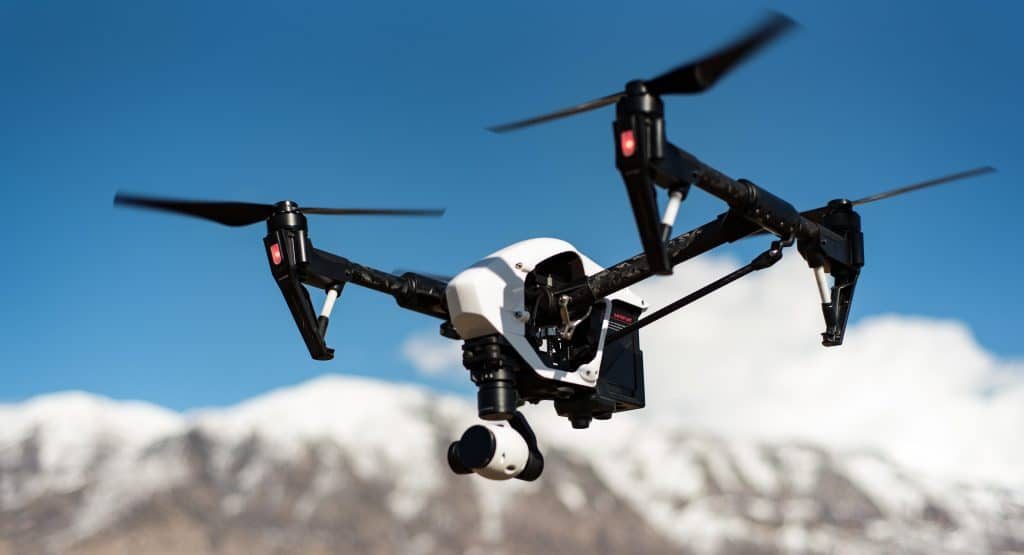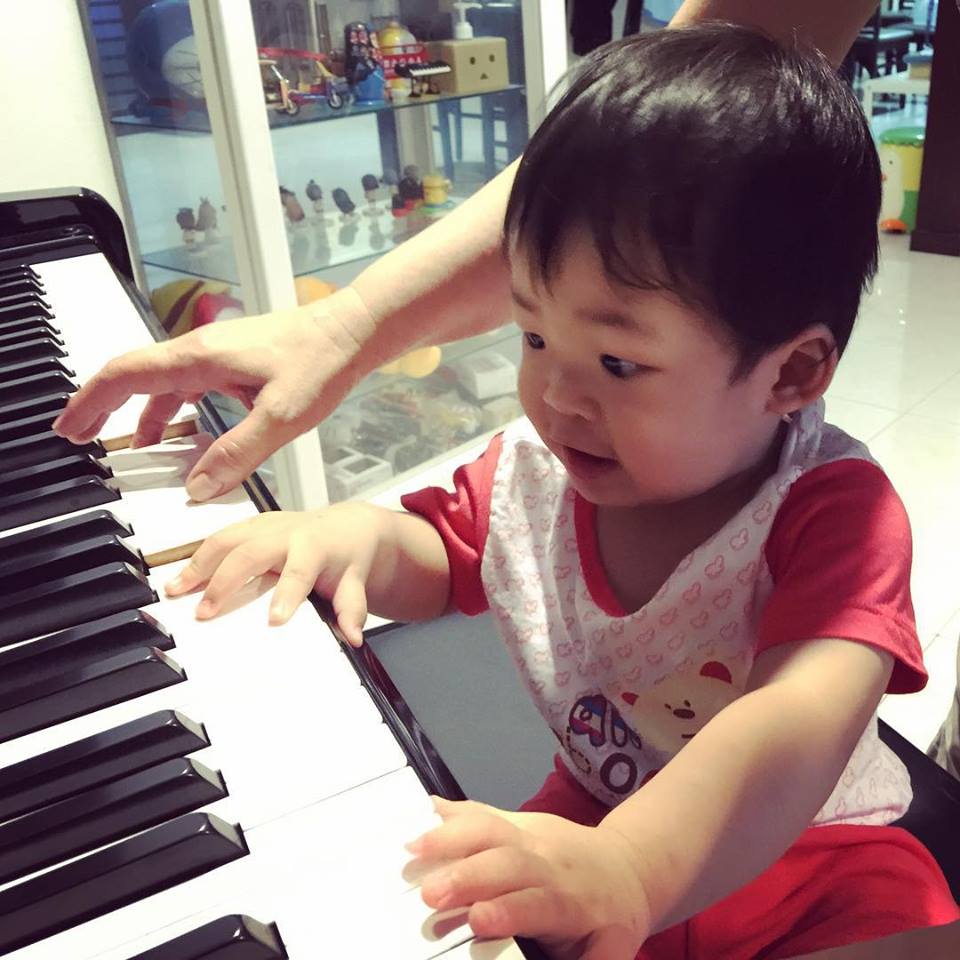School leavers with the ambition of becoming professional drone pilots can soon take a course on Drone Piloting under a vocational programme at colleges and polytechnics around the country.
The Department of Skills Development under the Ministry of Human Resources recently launched the Malaysia National Occupational Skills Standards (NOSS) for the piloting of Remotely Operated Vehicle (ROV) or Unmanned Aerial Vehicle (UAV), popularly referred to as ‘Drones’’.
With the launch of this standard, vocational and private educational institutions can now offer Drone Piloting courses under the Technical and Vocational Education and Training (TVET) programme and be awarded the SKM (Sijil Kemahiran Malaysia) or a Malaysia Skills Certificate.
At the moment, several private organisations have been offering courses in various aspects of drone operation; for mapping, facilities inspection, progress report (for property developers and construction projects), film and drama production, news, the acquisition of aerial footage and photographs.
These courses last from two days (for basic operation of a drone) to a few days covering the various aspects of drone piloting for specific purposes such as mapping.
Before the launch of the NOSS Standard, formal government-recognised certification for drone piloting courses were not available for the aspiring pilot.
As the usage of drones expands, beyond a hobby to industrial use, the need for trained pilots who have gone through structured instructions based on an accepted and recognised national standards, become increasingly pressing.
Especially now that the word ‘drone’ appears in the media daily from all over the world; both negative and positive news.
But it is always the negative aspects that capture the public’s imagination and it is up to the industry to dispel negativity and myths that surround drones.
One positive effort is the adoption of formalised training for drone operators; people who not only know how to operate them safely within the limitations of each type of craft but who are also aware of the legal and regulatory requirements in the operation of drones.
Sometime in 2017, Malaysia Unmanned Drones Activist Society (MUDAS), a non-governmental organisation devoted to the development and advancement of drones in the country, initiated discussions with the Department of Skills Development or Jabatan Pembangunan Kemahiran (JPK) to develop a formal curriculum for the training of drone pilots under the vocational programmes of the many polytechnics and colleges spread throughout the country.
MUDAS is a non-governmental organisation devoted to the development and advancement of drones in the country.
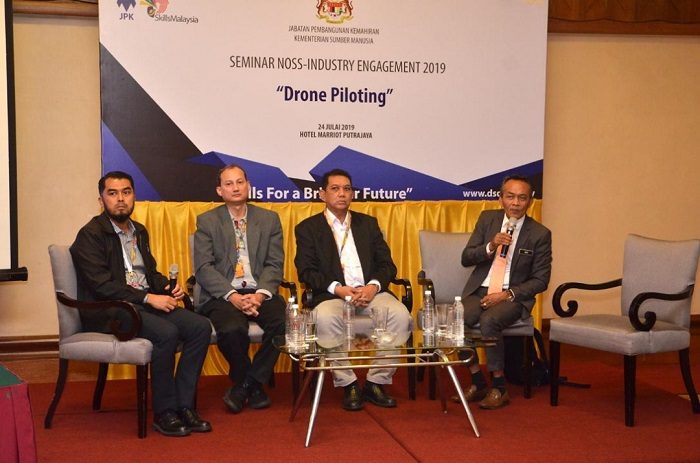
(Photo by Haidar Abu Bakar)
The NGO has been in the forefront of promoting dialogue with government agencies that are involved in regulating and controlling the nation’s airspace, the Civil Aviation Authority of Malaysia (CAAM), the Jabatan Ukur dan Pemetaan Negara (JUPEM), the survey and mapping department, which has traditionally been the authority overseeing aerial photography, especially mapping because of its implications on national security, and other organisations that have direct and indirect interests in the operation of ‘drones’.
“MUDAS initiated contact with JPK in late 2017 to moot the idea of drone pilot training under the National Occupational Skills Standard (NOSS) programme,” said Executive Secretary William Alvisse.
“In mid-2018 an expert panel was formed comprising of representatives from CAAM, Jupem and MCMC (Malaysian Communications and Multimedia Commission) to create the current Curriculum,” Alvisse added.
Husni Faiz, a graduate of Electrical Power Engineering and a full-time pilot under BIP Studio and drone piloting trainer welcomes the NOSS Standards.
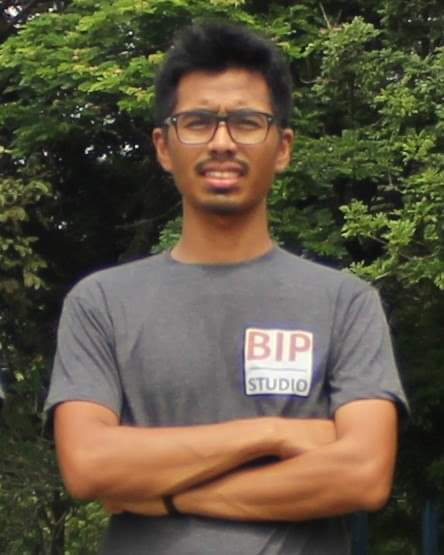
“It’s vital for those intending to be professional drone pilots undergo formal training such as the structure that is recommended in the NOSS standard.
“While recreational flyers may not need the entire course structure, it would be a good idea if parts or modules of that could be offered to training companies to train the hobbyists and recreational flyers,” he added.
Husni also trains pilots under his Akufly Academy.
“Having the NOSS training standard is good for the industry, said Kamarul A Muhamed, CEO of the Aerodyne Group.
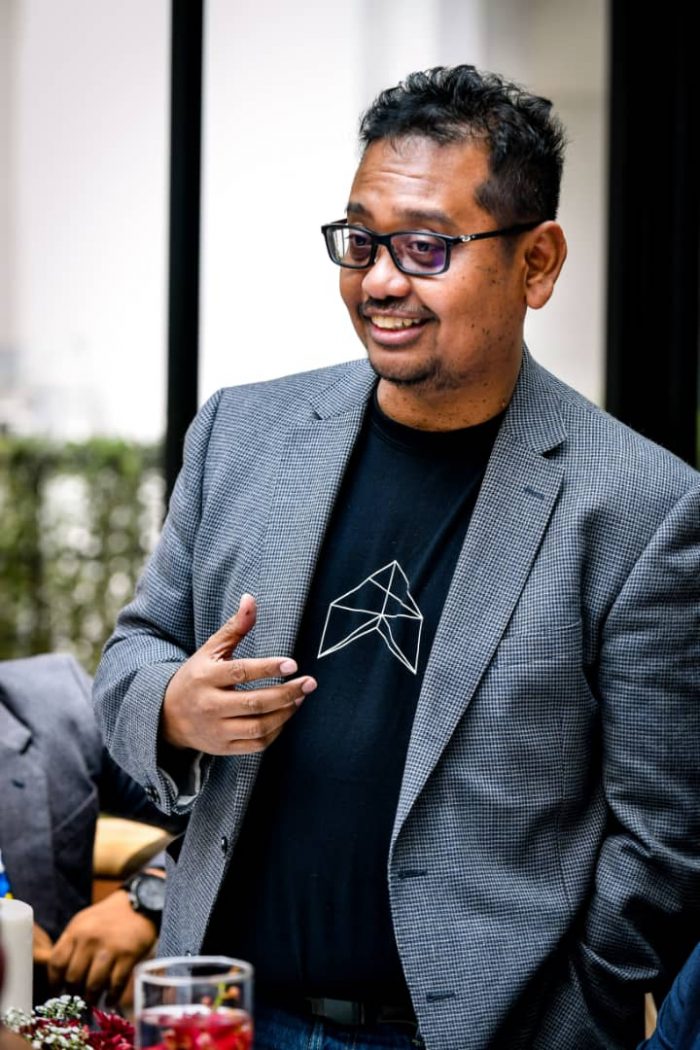
Aerodyne operates in 11 countries and is regarded as the premier drone services company, providing integrated managed solutions for the petroleum, civil engineering and facilities industry.
It employs 300 people, 1/3rd of whom are drone pilots.
“A structured drone piloting course will increase the level of competence and will lead to better safety and quality of operations,” he added.
Currently, Aerodyne trains its local pilots locally and in-house following the structure set by training schools in the UK and Australia where some of their pilots and trainers have been trained. The company then structure their training based on the training syllabus of these schools.
The Aerodyne pilots operating in their international markets are trained at authorised training schools for certifications should this be available in that particular country.
As a renowned global drone services company, recruitment isn’t an issue with many would-be pilots clamouring to join the group.
“The challenge, however, is in getting good technical pilots with the right mentality for enterprise-level work,” Kamarul said.
Kamarul lists technical ability, having a global mindset, the ability to communicate well and good and diligent in report writing, and problem-solving skills as the key factors he looks for in a candidate.
Drone Academy Asia provides training for drone operators and its graduates receive a “globally recognised DJI certificate”.
A representative of the academy said that they believe a formalised course structure is needed for the industry and that they are studying the NOSS standard and framework.
Located at the Cyberjaya Innovation Hub, Drone Academy offers courses in Aerial Mapping and Surveying, Precise Aerial Mapping and a Human Resource Development Fund (HRDF) claimable Professional Drone Operator course.
The idea for a structured course, leading to certification is to produce well trained and competent workforce to meet the requirements of drone service companies to handle flights for mapping, facilities and structure monitoring, agriculture to name just three areas where drones are being increasingly used.
“There are two levels, Level 2 and 3 with 1,200 hours and 1,300 hours of training respectively,” said Alvisse.
“Upon completion of the training, candidates will be awarded an SKM (Sijil Kemahiran Malaysia) certificate,” Alvisse added.
“Just a word of caution though,” Kamarul said.
“In the long term drone piloting will be limited in requirements as the industry moves into pilotless autonomous operation.”
Which will then necessitate an overhaul of the training syllabus?
Source: Citizen Journalist Malaysia
